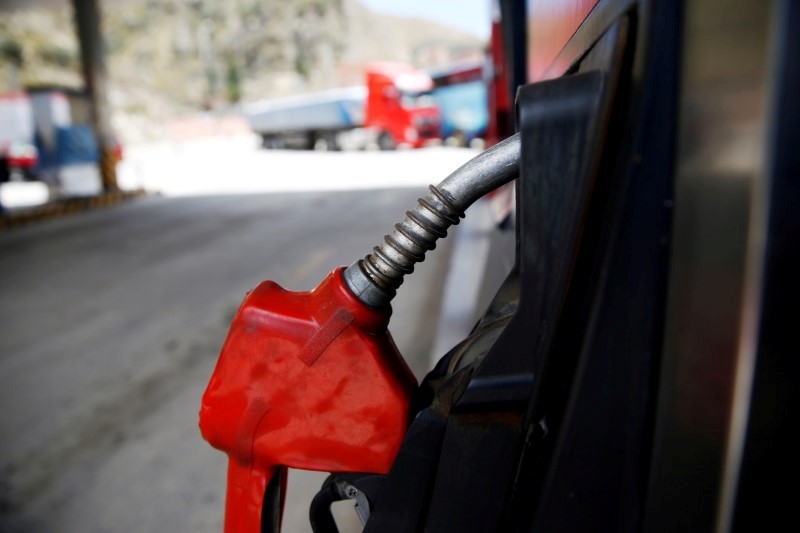By Peter Nurse
Investing.com -- Oil prices weakened Friday on the back of fresh evidence that prolonged Covid-19 lockdowns are hurting demand for crude in China, the world’s largest importer.
By 9:20 AM ET (1320 GMT), U.S. crude futures traded 2% lower at $101.75 a barrel, while the Brent contract fell 1.7% to $106.46 a barrel. Both benchmark contracts are on course for weekly declines of over 4%.
U.S. Gasoline RBOB Futures were down 1.7% at $3.2830 a gallon.
Worries about demand from China continue to weigh on the crude market, following the news that Shanghai announced a new round of Covid measures including daily coronavirus testing from Friday, in an attempt to curb the latest outbreaks.
Bloomberg reported that the country’s oil demand has fallen by around 1.2 million barrels a day in April, with demand for diesel, jet fuel, and gasoline falling by around 20% from year-earlier levels.
Gasoline demand in eastern China, which includes Shanghai, the country’s financial hub, has fallen some 40% this month, the agency quoted unnamed industry officials as saying.
The International Monetary Fund cut its growth forecast for China this year to 4.4% earlier this week, well below Beijing's target, with the widespread Covid lockdowns one of the main reasons cited.
At the moment, fears over China's growth coupled with worries that aggressive tightening by the Federal Reserve will cap U.S. growth, seem to be winning over concerns that Europe will soon widen sanctions on Russian energy imports.
Russia’s troops have continued their assault on the south and east of Ukraine, with reports suggesting Moscow intends to conquer all of the south of the country, denying Kyiv control of any of its ports, cutting access to world markets for its key agricultural and industrial exports.
Although the European Union has yet to formally instigate a ban on Russian oil, such a move would increase the pressure on the bloc’s leaders to act.
The EU, in partnership with the International Energy Agency, earlier this week offered up a number of steps for its citizens to take to try and reduce the continent’s dependence on Russian energy, including turning down heating, lowering car speeds and remote working.
“I continue to expect that Brent will remain in a choppy $100.00 to $120.00 range, with WTI in a $95.00 to $115.00 range. Brent crude has further support at $96.00, and WTI at $93.00 a barrel,” said Jeffrey Halley, an analyst at brokerage OANDA, in a note. “A potential European oil embargo on Russia next week after this weekend’s French elections, could see a move towards the top of the range.”
The Baker Hughes rig count and the CFTC’s positioning data round off the week later, as usual.
